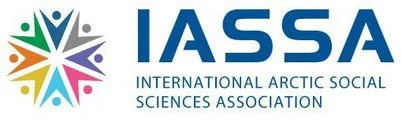BODØ 2024.
ARCTIC CONGRESS 2024.
Photo: Olivia Rempel/GRID-Arendal
THE GENDER DIMENSION OF ENVIRONMENTAL OBSERVATION, MONITORING, AND ASSESSMENT IN THE ARCTIC.
Gender plays a critical role in human–environment relationships. A person’s gender affects how they interact with their surroundings, the activities that they engage in, as well their observations of the environment itself. The role that gender equality plays in environmental protection and sustainable development is increasingly also acknowledged, globally and in the Arctic.
However, as is highlighted in the “Gender & Environment” chapter in the 2021 Pan-Arctic Report on Gender Equality in the Arctic, the (un)conscious inclusion, or exclusion, of environmental observations based on gender can, at times, lead to bias in the assessment of various issues, from climate change to pollution. Meanwhile, gender-based barriers to equitable access to, and participation in, environmental policy-shaping and -making across issue areas, including natural resource management and various conservation efforts, remain.
Building on the priorities of the Norwegian Chairship of the Arctic Council (2023-25) - and inspired by the ongoing work of Arctic PASSION, the EU-funded Horizon 2020 project, which aims co-create and implement an Arctic observing system that addresses the urgent needs of people living in the Arctic - this panel seeks to examine the gender-dimension of environmental observations, monitoring, assessments in the Arctic from various perspectives.
SPEAKERS.
COMING SOON.




